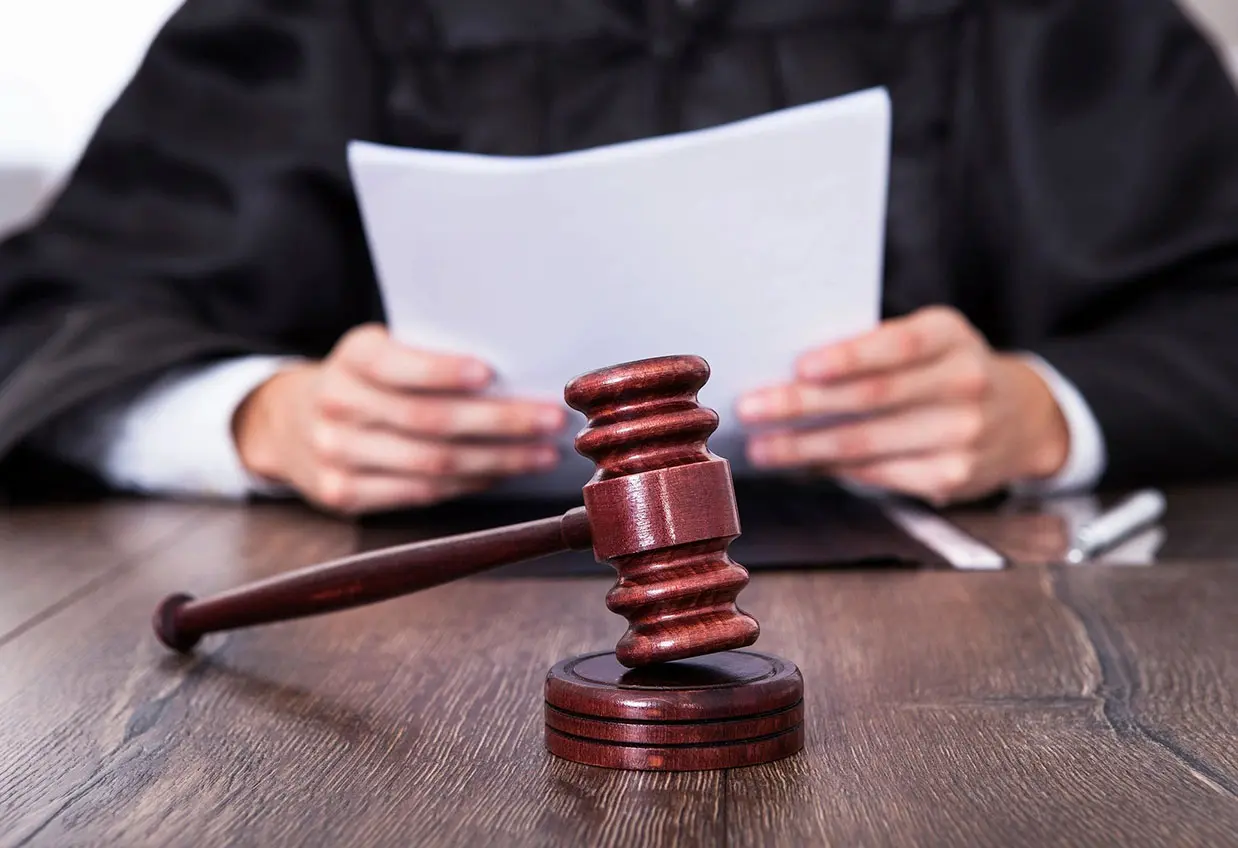Litigation

Why Choose Litigation?
Surprising to some, litigation sometimes is the best and most cost-effective choice. We are strong proponents of mediation, negotiation, and collaborative approaches, but they do not work for everyone. Sometimes one spouse refuses to participate in a voluntary process aimed at settlement. In such cases, litigation is the only option for the spouse who wishes to get divorced. Other times, a judge is needed to level the playing field where one party is steadfastly unreasonable or a bully. For example, if your spouse has a personality disorder (such as narcissism) all the negotiation in the world is unlikely to get him or her to play fair. For those situations, you need a strong, skilled, and experienced lawyer who will stand up for you in court, so that your spouse can’t push you around. At the Law Offices of ToniAnn Grande, we approach litigated matters with diligent preparation and fearless advocacy to achieve the best possible results for our clients.
What Can I Expect From the Litigation Process?
In litigation, a judge is randomly assigned to your case and establishes a schedule for moving the case forward. Most cases start with a preliminary conference where the lawyer for each side tells the judge about the issues in dispute. At the preliminary conference or shortly thereafter, the parties exchange sworn statements of net worth, which set forth each party’s income, expenses, assets and liabilities. The parties will then engage in discovery, which is a formal process that allows each party’s attorney to obtain detailed information concerning the other party’s finances. Discovery may include requests for financial documents, written questions and answers (known as interrogatories), and deposition testimony. Appraisers, accountants, and other financial experts may be engaged by either or both parties as part of the discovery process. As you go through discovery, the court will convene periodic conferences to get updates on the status of the case and ensure that the case is progressing.
If child custody is an issue in your case, the court may, depending on the ages of your children, appoint an attorney to represent their interests. The court may also appoint a forensic psychologist or psychiatrist to evaluate the family and prepare a report offering guidance on what custody arrangement is best for the children.
In some cases, it is necessary to file or respond to one or more “motions” while the case is pending. A “motion” is a formal way of asking the court to decide an issue before the divorce is final. For example, if the parties cannot agree on interim custody or visitation, support, occupancy of the marital residence, or payment of counsel fees, a motion will be necessary to determine those issues for the pendency of the case. A motion may also be necessary to force a spouse to provide requested financial discovery if he or she refuses to do so.


Can I Still Settle My Case After Litigation Starts?
Even if your case is in litigation, you will have many opportunities to settle before you go to trial. Some parties achieve a settlement after the first court appearance. Other parties have several appearances in court before a settlement is achieved. In a small minority of cases, no settlement is achieved and a trial before the judge is necessary to reach a resolution. In those cases, the judge will decide the open issues in your case following a trial.
The cost and duration of the litigation depends on the complexity of the issues and the contentiousness of the parties. Throughout the process, we will provide you with expert advice as well as zealous advocacy to achieve the best result for you through trial or settlement.